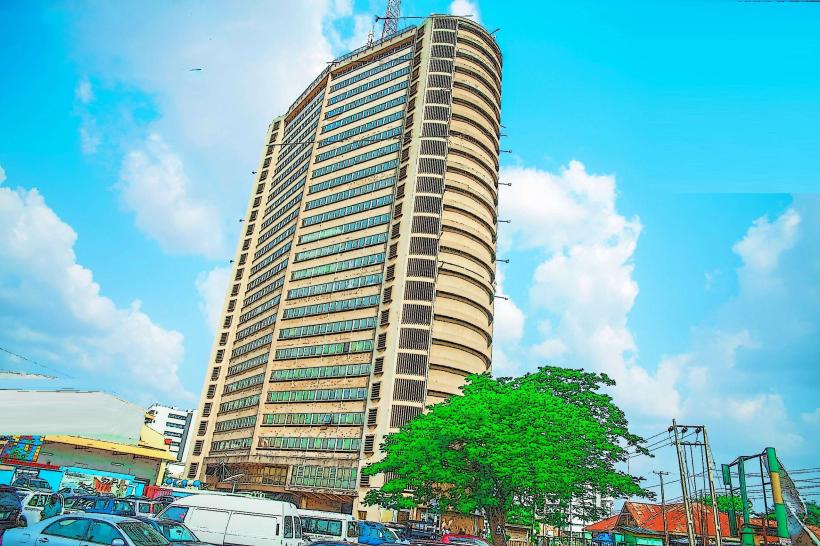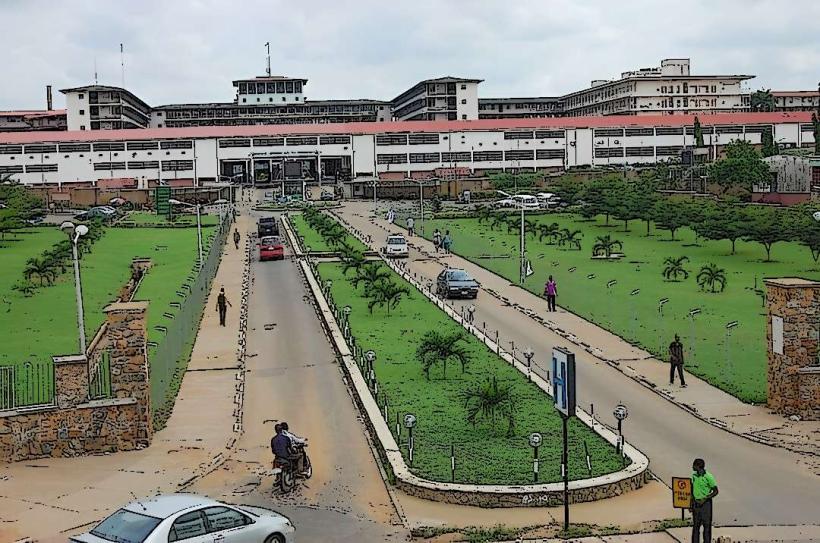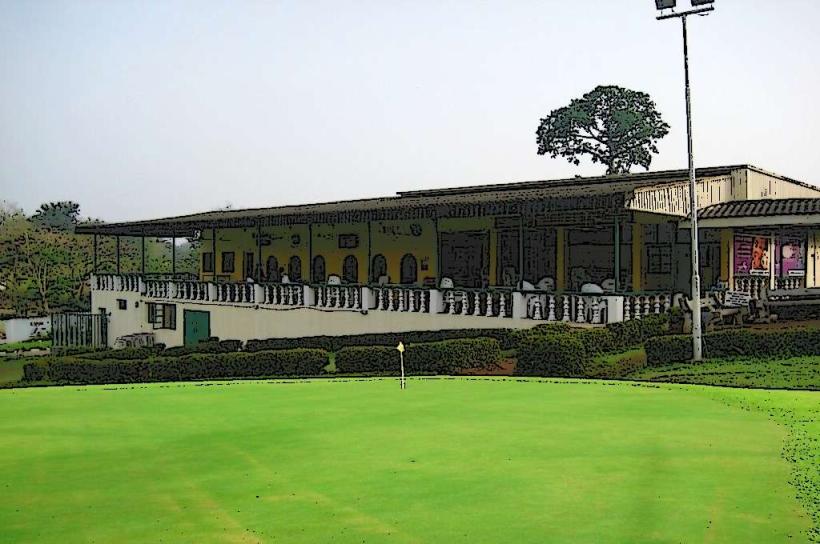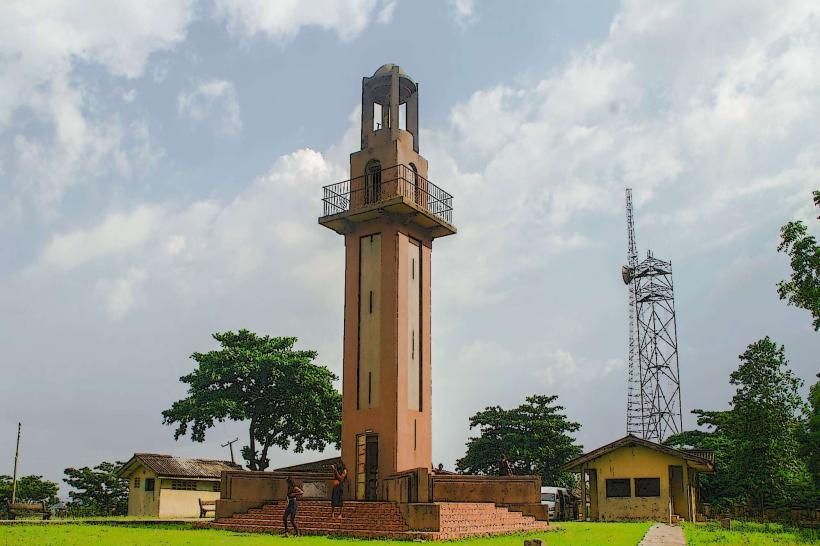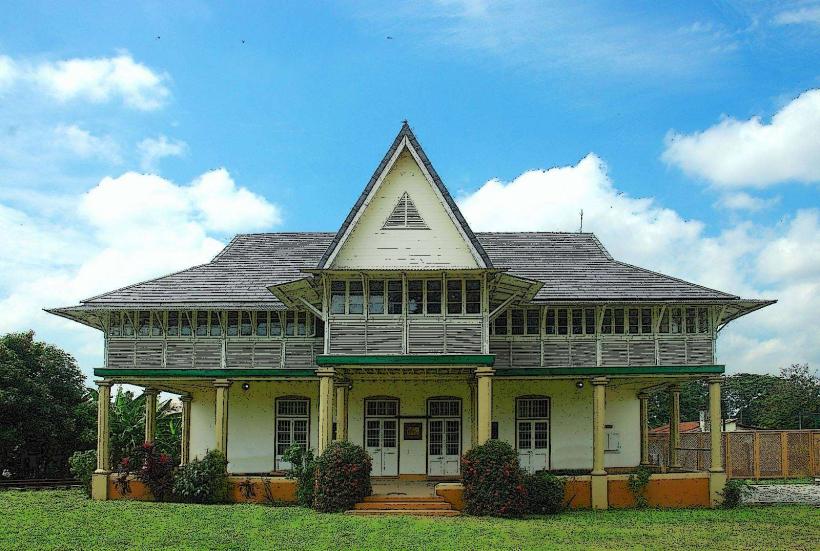Information
Landmark: University of IbadanCity: Ibadan
Country: Nigeria
Continent: Africa
University of Ibadan, Ibadan, Nigeria, Africa
The University of Ibadan (UI) is Nigeria's oldest and one of its most prestigious institutions of higher learning. It was established in 1948 as the University College Ibadan, initially serving as an affiliate of the University of London. In 1962, it became an independent university, marking its transformation into the University of Ibadan. It is located in Ibadan, the capital city of Oyo State in southwestern Nigeria.
Location and Campus
The university's campus spans over 2,550 acres, making it one of the largest in the country. Situated in an urban setting, it combines the vibrancy of a bustling city with the tranquility of a spacious campus. It is well-equipped with academic and administrative buildings, research centers, and recreational facilities, providing a conducive environment for both learning and leisure.
Academic Structure
UI offers a wide range of academic programs, divided across 17 faculties. These faculties include:
Faculty of Arts
Faculty of Science
Faculty of Social Sciences
Faculty of Education
Faculty of Medicine, among others.
In addition to these faculties, UI is home to various specialized institutes and research centers, such as:
Institute of African Studies: Focuses on the study of African culture, history, and languages.
Institute of Child Health: A research center for pediatric health and child development.
Enrollment and Student Body
The University of Ibadan has an enrollment of approximately 41,743 students, spanning undergraduate, postgraduate, and doctoral programs. This diverse student body is drawn from various parts of Nigeria and beyond, creating a vibrant campus community.
Reputation and Rankings
UI has consistently maintained a strong reputation both nationally and internationally. It is often regarded as one of the leading universities in Africa. The university is regularly ranked among the top universities in the continent. In the 2025 Times Higher Education World University Rankings, UI was placed within the 1001–1200 range globally, which speaks to its academic reputation and global standing.
Research and Innovation
Research is a critical aspect of the university’s activities. UI is known for its emphasis on research across a variety of disciplines, from the humanities to the sciences. It hosts numerous research centers that contribute to the development of knowledge and innovations that address both local and global challenges.
Facilities
UI's campus is well-equipped with a variety of facilities to support both academic and extracurricular activities:
The Kenneth Dike Library: Named after the first Nigerian Vice-Chancellor of the university, this library is one of the largest in Nigeria, housing over 700,000 volumes. It provides a quiet and spacious area for students to read, with a seating capacity for more than 1,250 readers.
Lecture Halls and Research Laboratories: The university boasts modern lecture halls and well-equipped laboratories, providing students with the tools needed to excel in their studies.
Recreational Facilities: UI also has various sports facilities, including a stadium, tennis courts, and gymnasiums, offering students opportunities for physical recreation and well-being.
Cultural and Societal Impact
The University of Ibadan has played a significant role in Nigeria's social, political, and economic development. Many of Nigeria’s political leaders, business moguls, academics, and professionals are alumni of UI. The university’s influence extends beyond the classroom, contributing to the shaping of national discourse through its intellectual output.
The university is a center for cultural exchange and intellectual discourse, hosting regular seminars, workshops, and conferences on a wide range of issues. It has a strong tradition of engaging with Nigeria's national issues and has been at the forefront of promoting higher education and social change in the country.
Legacy
UI’s legacy is not just academic but also cultural. Its alumni network spans various sectors, including government, business, media, and healthcare. This extensive network plays a role in fostering Nigeria's development by providing leadership, innovation, and expertise across multiple fields.
Conclusion
The University of Ibadan remains a beacon of higher learning in Nigeria and Africa. It has evolved from its modest beginnings as an affiliate college to a world-class institution of higher education. With its commitment to academic excellence, research, and societal impact, UI continues to shape the future of Nigeria and the African continent.

